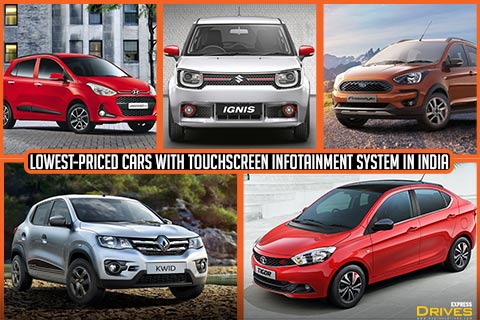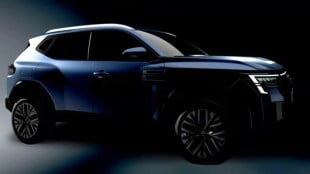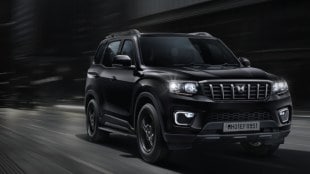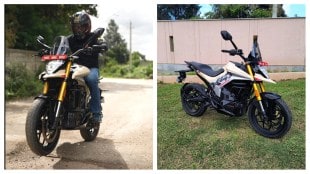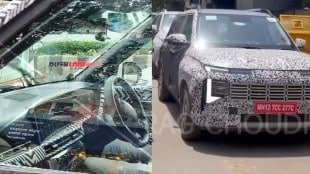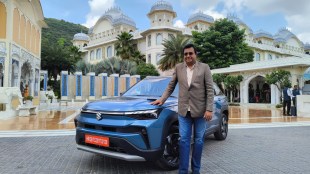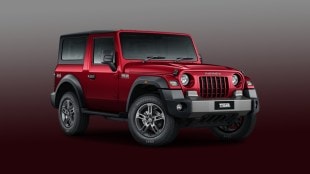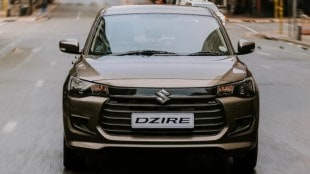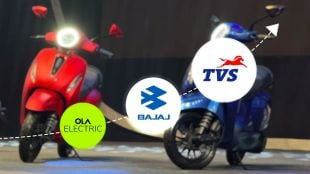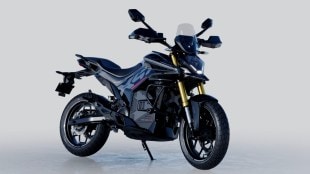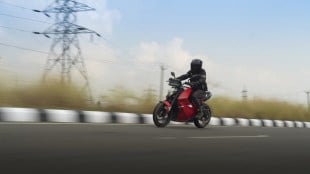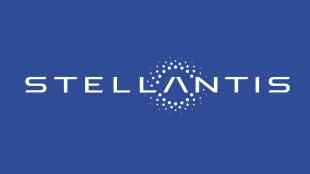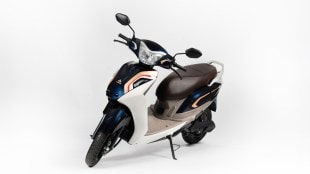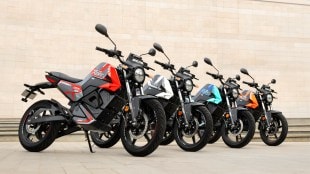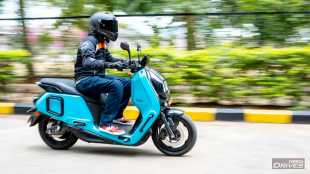
Hyundai India will focus extensively on establishing and expanding its electric vehicle base in India in the years to come.EuiSun Chung, Vice-Chairman, Hyundai, today confirmed at the Global Mobility Summit, MOVE that Hyundai will launch three electric vehicles in India in the next few years but didn’t give an exact timeline for the same. He also confirmed that the Nexo hydrogen fuel-cell vehicle will be launched in India. The Nexo was earlier showcased in India at the India-Korea Business Summit in New Delhi earlier this year. While Hyundai hasn’t disclosed the launch time, we expect the Nexo launch to take some time considering the absence of any sort of hydrogen infrastructure in the country right now.
Also read: Move Global Mobility Summit 2018 Live Updates: PM Modi to announce major EV policy!
What we all can look forward to in the immediate future is the Hyundai Kona electric compact SUV, which will hit the Indian roads in 2019. The Kona SUV will be roughly the size of a Creta but will be significantly more expensive, given the inclusion of a lithium-ion battery pack. The other EVs to be launched by Hyundai in India haven’t been confirmed yet but we expect the name to be revealed soon.
At the MOVE summit, Chung Eui Sun also talked about four pillars of future mobility. These include Hybrid vehicles, Fuel-Cell vehicles, Electric vehicles and Connected vehicles. He added that the fourth industrial revolution is already here and we all should embrace this change. The biggest change for masses in this shift will be the switch from personal mobility to shared mobility.
Coming back to the Hyundai electric vehicles and the Kona in particular, the compact electric SUV is expected to be powered by a 135 hp motor with a torque output of 325 Nm. Given the instant torque of the electric motor, the Kona can accelerate from 0-100 kmph in under 8 seconds. The car will offer a range of around 320 km and can be charged fully in about six hours. The car is also expected to come with a fast-charging option and a home-charging kit. The most interesting part about the SUV and Hyundai’s commitment to electric vehicles is the fact that the Kona will not be imported but will be assembled at the company’s Chennai plant, allowing for a more competitive price-tag.
